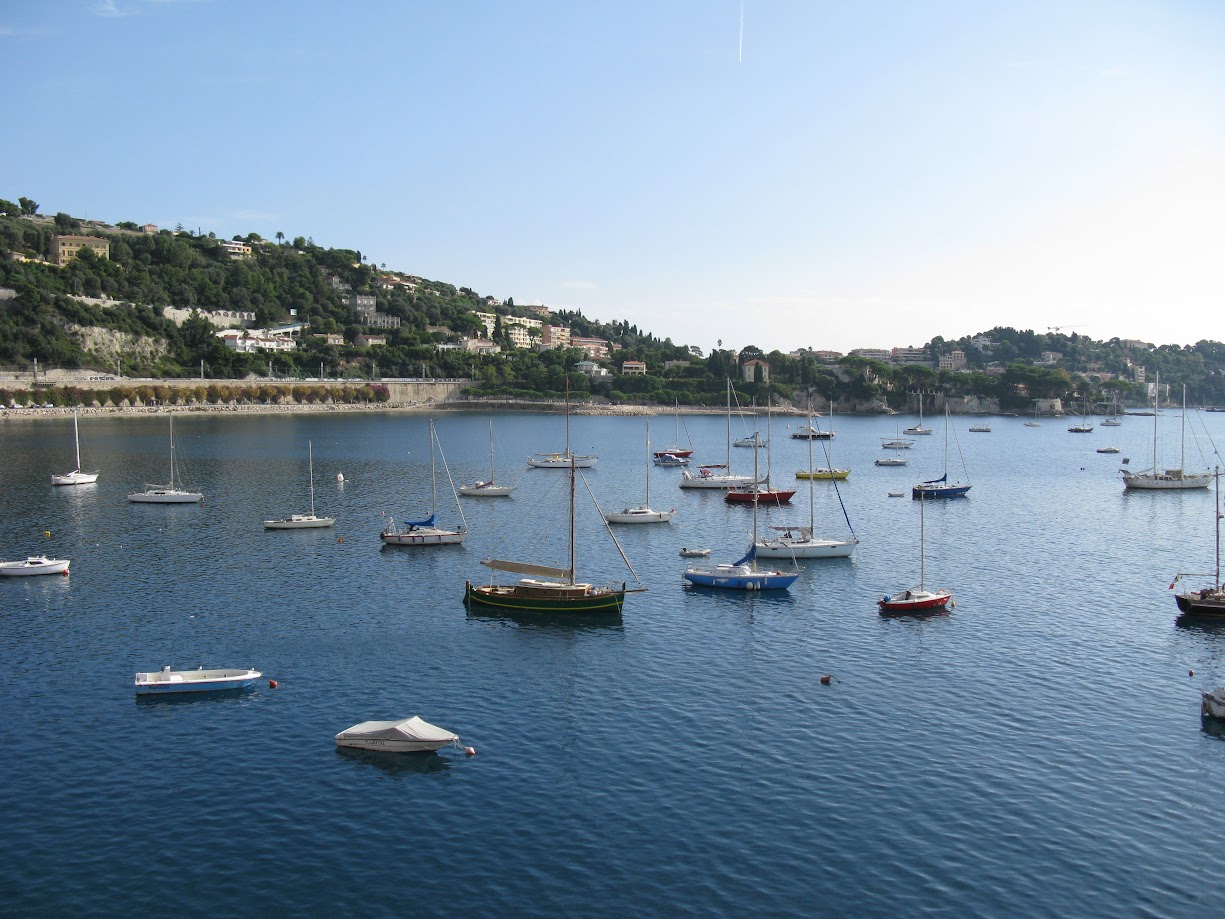Tag: December 2002
-
Cardiff by Olwen
Cardiff, home of the Millennium Stadium, city of so much more. Sight seeing buses leave from outside the castle regularly throughout the summer. However a tour of the Stadium costs
-
Weekend Away:Lille, France
The place: Lille is small enough to wander around, in a weekend. There are two parts to Lille: the old town, which has narrow cobbled streets, and lots of interesting
-
Mac.s Jottings
Signs and thoughts that Mac has seen or experienced on his travels around the world, and noted down in his travel diary. l. Hong Kong. Budget Garden Hostel. Sign. “No
-
Woolly Mammoth Find
The remains of four woolly rhinos have been unearthed in an English quarry. Scientists describe the group find at Whitemoor Haye in Staffordshire as “extraordinary” and one of the best
-
Learning Spanish in Ecuador
I am in New York and I opened Adelante Spanish School (http://spanishamerica.com) with my Partner, Monica Guerra, who manages day-to-day affairs in Quito. For free help in planning a Ecuador
-
Storm Chasing
Believe it or not, storm chasing has become something of a hobby. So when the weather is bad, throw away that jigsaw, that book, that piece of embroidery or the
-
Sunrise and a ray of hope by Andy Brouwer
It was 8.30am and I was waiting for Rosanna White in the early morning sunshine, sheltered in the shade of a palm tree in front of the Independence Monument. Rosanna
-
San Ramón in Costa Rica by Helene
Costa Rica, a tiny country that forms part of the land bridge between North and South America, is almost too good to believe. It has more species of mammals and

